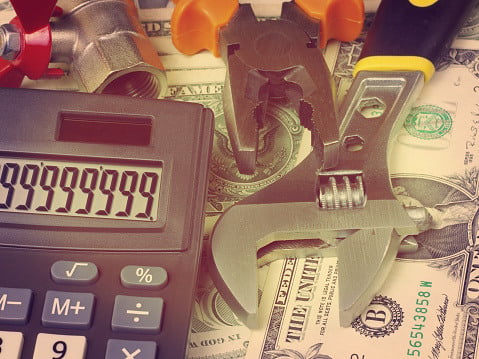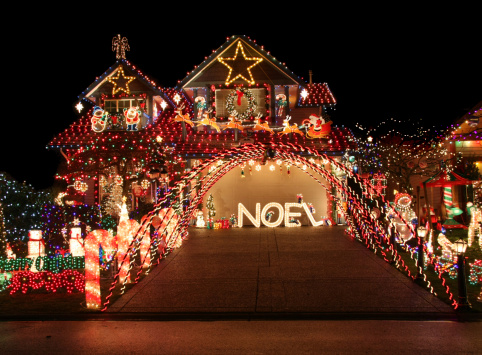 So you moved into a beautiful new luxury homeowners association. Your home is on a quiet street in an established neighborhood. Every evening you sit on your newly purchased adirondack chairs in your shady backyard, sipping on a bottle of wine -- while your roommate is lapping his water from an old beat up water bowl -- your "roommate" in this case happens to be a 120 pound fur baby named Rex and he is not on good terms with your neighbors.
So you moved into a beautiful new luxury homeowners association. Your home is on a quiet street in an established neighborhood. Every evening you sit on your newly purchased adirondack chairs in your shady backyard, sipping on a bottle of wine -- while your roommate is lapping his water from an old beat up water bowl -- your "roommate" in this case happens to be a 120 pound fur baby named Rex and he is not on good terms with your neighbors.
Rex is guilty of barking all day and urinating in the common area. You have been receiving letters from your homeowners association manager about your dog barking while you're out at work. The HOA has also received complaints that you're always having your dog off the leash in the common area and not picking up after he's done doing his business.
These are common incidents at most homeowner associations. Most owners are oblivious of problems their dogs cause because they choose to see their pets not as animals but as family members; and like family members they seem to look the other away of their pets faults. An HOA board member -- or manager if you have one -- should warn owners that even though the homeowners association governing documents allow for pets, they should know that not all pets are a good fit for the community.
Dogs left alone all day get bored and restless, and many find relief in barking. Some respond noisily to any and all activity. But, nothing is as annoying as incessant barking -- even for dog lovers. So what can an HOA board do to helpe with barking dogs?
Educate and Enforce the HOA Rules
First and foremost, it's important that the Board makes sure homeowners are educated about the rules in the Association, in this case, especially those that refer to pets and noise issues.
1. Revisit the HOA Rules and Regulations
The HOA board may need to give the HOA rules a fresh look to make sure they are updated and clearly state the rules of the Association when it comes to pets, and specifically dogs, if that is a main problem. If it finds the rules need to be updated then it should go through the proper process of changing the HOA rules. Then the members of the HOA must be informed of these changes. Even if no changes are being made to the rules, the rules should be sent out again and members encouraged to read them, especially the section about noisy, barking dogs.
2. Enforce the Rules
Once the membership has been clearly informed of the HOA rules that surround pets in the common area, dog barking, cleaning up after your pets, etc. then these rules must be enforced. This usually starts by sending a letter from the Board, then if no action is taken, fines can ensue as well.
Be Proactive and Helpful
An HOA board can also be proactive and helpful by sending out bark-abatement ideas to help keep the barking noise down in your area.









